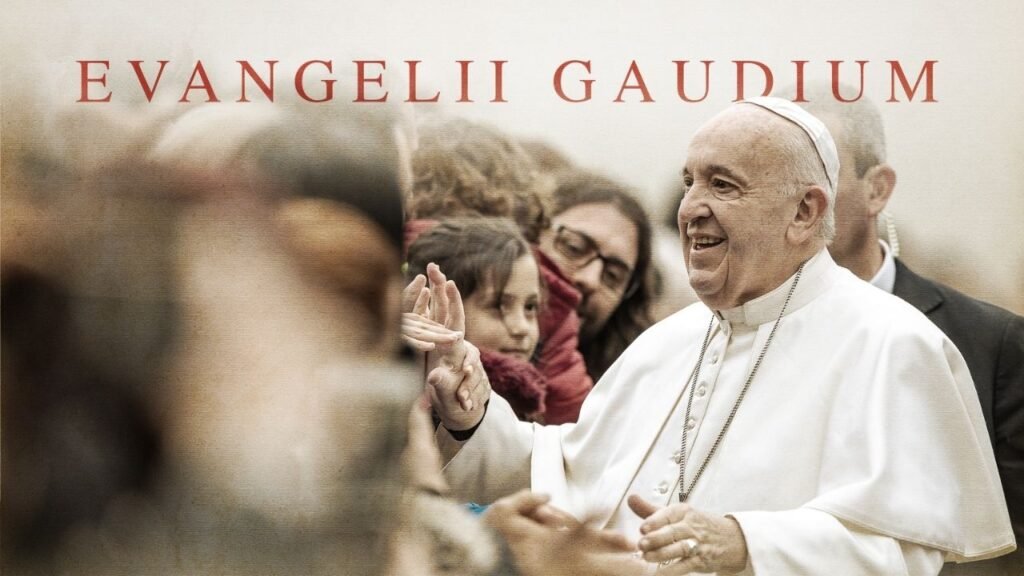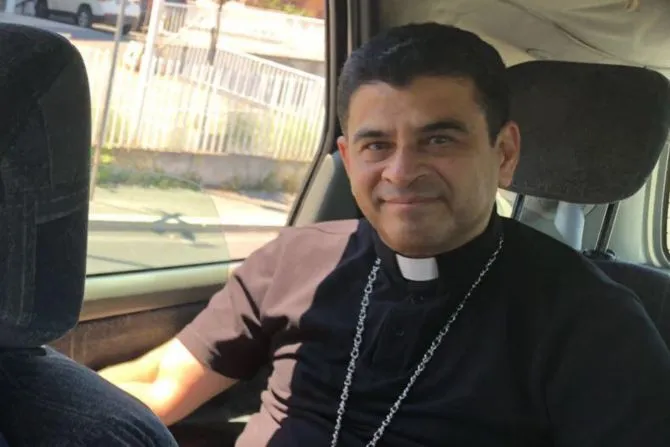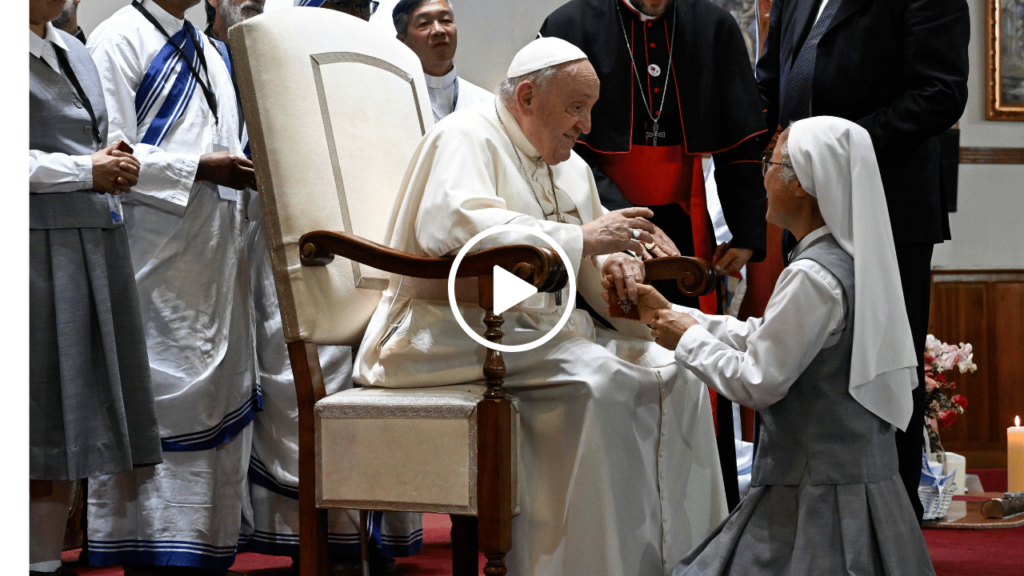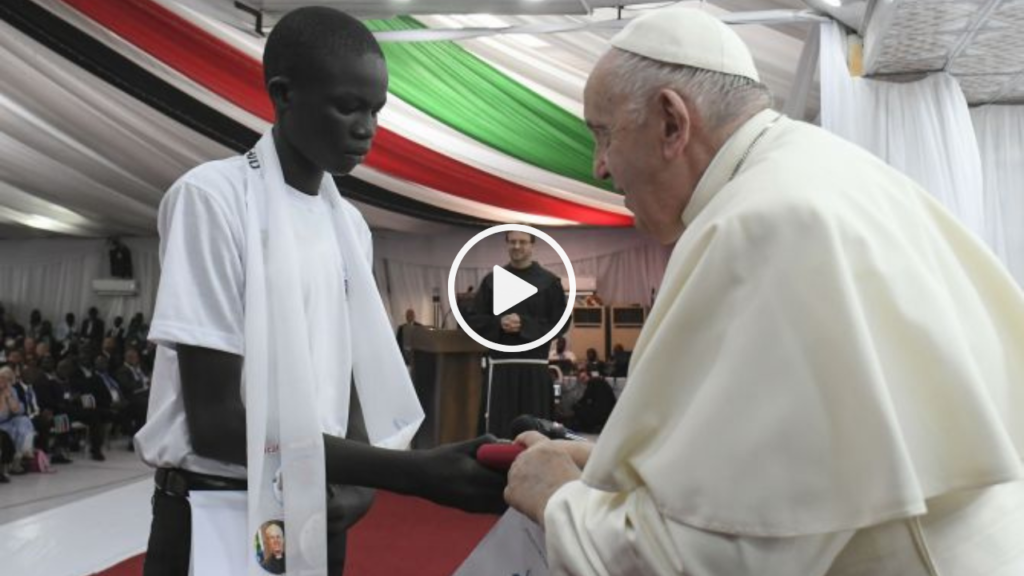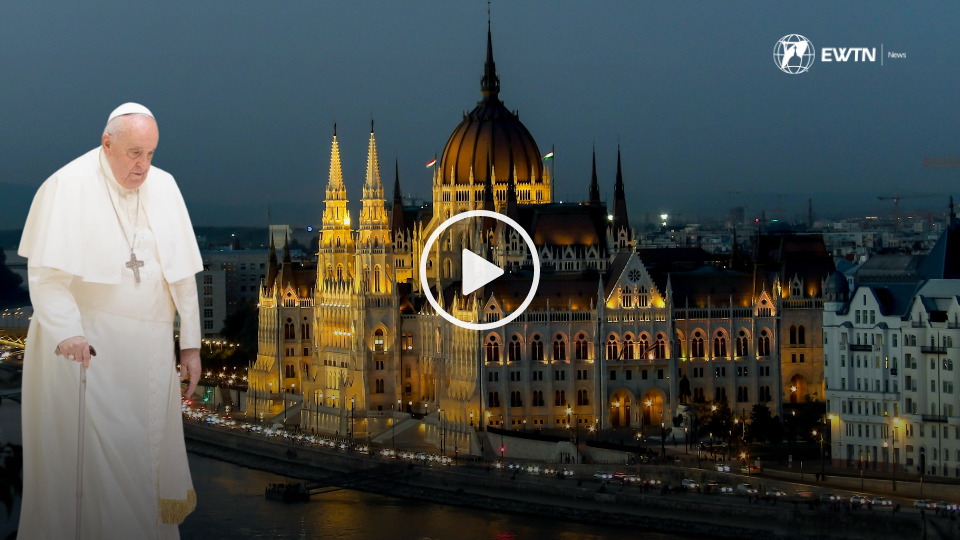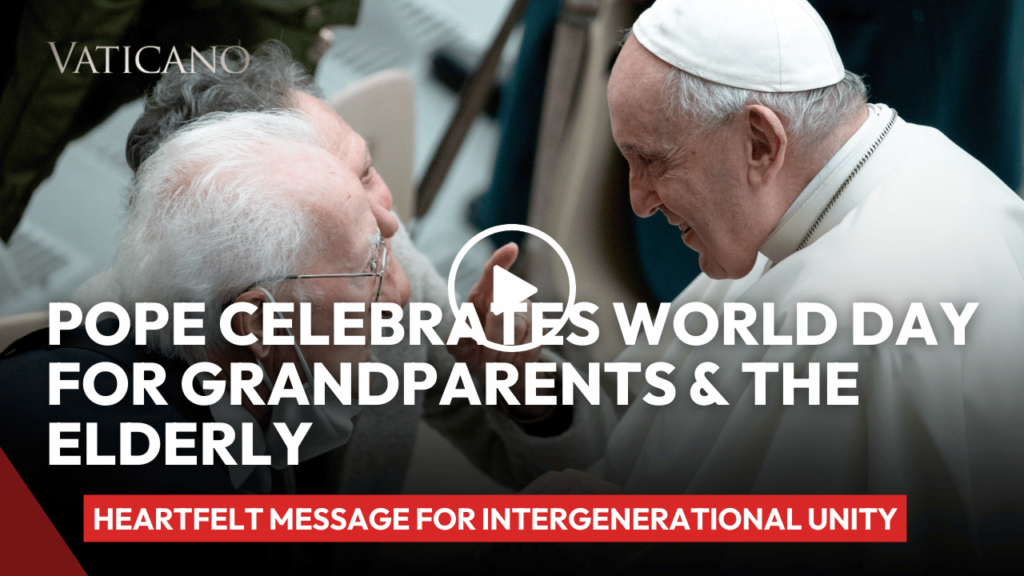Evangelii Gaudium, Pope Francis’s first Apostolic Exhortation, was published on November 24, 2013, just eight months after his election as pontiff. Addressed to the People of God, the document is considered a cornerstone for understanding his pontificate and its priorities.
Dr. Gonzalo de la Morena, a professor of Christology at the Pontifical University of the Holy Cross, highlighted its significance:
“In this Apostolic Exhortation, Pope Francis sets a very clear direction for the Church, a direction that must be paramount and shape the entire Church, and that direction is evangelization, the mission.”
Context and Call to Renewal
The document responded to the Church’s historical context at the time, revitalizing its mission amid a period of perceived uncertainty.
“We are talking about the year 2013,” de la Morena explained, “when, a month earlier, for the first time in nearly 1,000 years, a Pope had resigned under circumstances perceived as a major crisis for the universal Church, particularly in the Roman Curia. There may have been a sense of discouragement within the Church at all levels. Then Pope Francis arrives and, with this encyclical, issues a powerful call to reignite the enthusiasm for the Church’s mission — to proclaim, with all joy, that Christ has risen and is the Savior.”
A Roadmap for Evangelization
Evangelii Gaudium outlines a vision for a Church that actively “goes forth” to meet those in need of the Gospel. The text examines the social dimensions of evangelization and stresses that its strength must come from a personal encounter with Christ.
The exhortation begins with an invitation:
“In this Exhortation, I wish to address the Christian faithful and invite them to a new evangelizing phase marked by joy, and to outline paths for the Church’s journey in the years to come.”
This call for a joyful missionary spirit set the tone for Pope Francis’s pontificate. It also emphasized the role of lay people as key agents of evangelization, aligning with the Second Vatican Council’s Lumen Gentium, which asserts that the laity’s role in the Church is not secondary but integral to its mission.
Professor Philip Goyret, a scholar of Ecclesiology at the Pontifical University of the Holy Cross, elaborated:
“Evangelii Gaudium draws heavily from Lumen Gentium. Essentially, it activates principles that were declared in Lumen Gentium but need to be translated into the life of the Church.”
Challenges and Opportunities
Pope Francis addresses specific challenges facing the Church’s mission, including the need to broaden the participation of women. While reaffirming that women cannot be ordained as priests, the Pope highlights their indispensable contributions to pastoral responsibilities, theological reflection, and Church life.
In paragraph 103, he writes:
“Women share pastoral responsibilities with priests, contribute to accompanying individuals, families, or groups, and bring new contributions to theological reflection.”
Dr. de la Morena added:
“The Pope wants lay people, both men and women, to be visibly active agents. This is clearly seen in his pontificate, especially in the matter of synodality.”
The Pope also calls for unity within the Church, urging believers to focus on evangelization rather than internal divisions:
“No war among ourselves.”
This emphasis on harmony reflects his vision for a “renewed missionary drive” rooted in both prayer and active commitment:
“Neither mystical proposals without strong social and missionary commitment nor social or pastoral discourses and practices without a spirituality that transforms the heart are useful.”
Spiritual Renewal
The Pope concludes Evangelii Gaudium with a reminder of the Church’s urgent need for prayer, cautioning against “false spirituality” and urging believers to nurture a personal encounter with Christ through prayer and the Eucharist.
Philip Goyret emphasized:
“In missionary spirituality, there must be a personal encounter with Jesus Christ, and this translates into a life of prayer and a life centered on the Eucharist. It cannot remain merely an intimate matter; that encounter must also have a communal dimension.”
As Evangelii Gaudium celebrates its eleventh anniversary, it continues to resonate as a vital blueprint for the Church’s mission in the modern world.
Adapted by Jacob Stein

